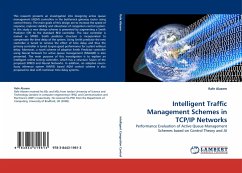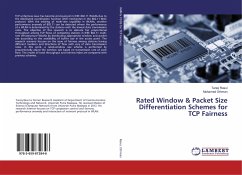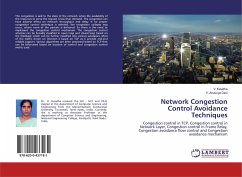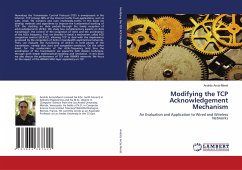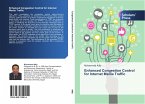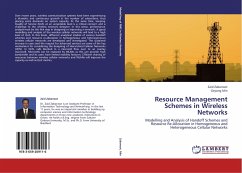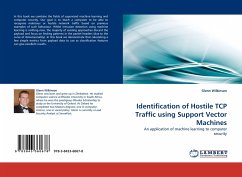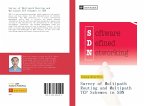This research presents an investigation into designing active queue management (AQM) controllers in the bottleneck gateway router using control theory. The main goals of this design are to increase the speed of response, improve stability and robustness of congestion control system. In this study a new design scheme is presented by augmenting a Smith Predictor (SP) to the standard RED controller. The new controller is named as SPRED. Smith predictor structure is incorporated to compensate the time delay of the system. Using Smith predictor the new controller is tuned to remove the effect of time delay and thus the primary controller is tuned to give good performance for a plant without delay. Moreover, a novel scheme of adaptive Smith Predictor controller using Neural Network for active queue management (NNAQM) is also presented. The main purpose of this investigation is to explore an intelligent online tuning controller, which has a structure fusion of the proposed SPRED and Neural Networks. In addition, an adaptive neuro-fuzzy inference system (ANFIS) based AQM control scheme is also proposed to deal with nonlinear time delay systems.
Bitte wählen Sie Ihr Anliegen aus.
Rechnungen
Retourenschein anfordern
Bestellstatus
Storno

